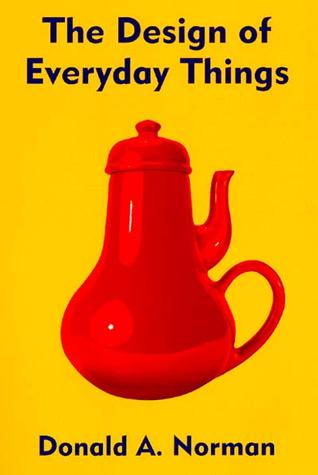Chapter 2: The Psychology of Everyday Actions
If an error is possible, someone will make it. The designer must assume that all possible errors will occur and design so as to minimize the chance of error in the first place, or its effects once it gets made. Errors should be easy to detect, they should have minimal consequences, and, if possible, their effects should be reversible.
Introduction
This chapter of The Design of Everyday Things introduces and formalizes basic concepts and principles of design from observations of everyday objects. Why some objects, as simple as doors, please their users while others frustrate them.
Read on →